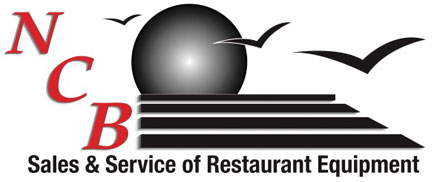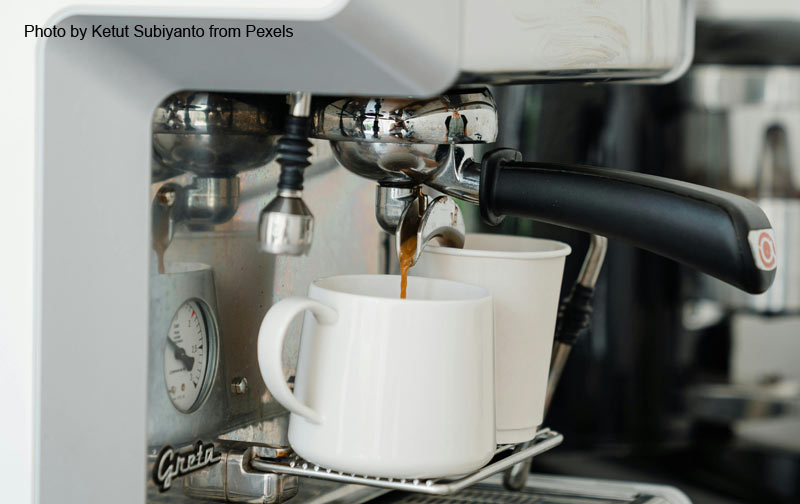In the bustling world of hospitality, coffee shops, and offices, commercial coffee machines are indispensable. They provide the lifeblood of many businesses, ensuring that customers and employees get their much-needed caffeine fix. However, like any piece of equipment, these machines require coffee machine repairs and regular maintenance to keep them running smoothly. Preventive maintenance is crucial to avoid unexpected breakdowns, extend the lifespan of the machines, and ensure the quality of the coffee. Here are some strategies for businesses to implement effective preventive maintenance for their commercial coffee machines.
The Importance of Preventive Maintenance
Preventive maintenance involves regularly scheduled inspections, cleaning, and repairs to prevent potential issues before they become major problems. For commercial coffee machines, this practice is essential to maintain operational efficiency and reduce the risk of downtime, which can be costly in terms of lost sales and repair expenses. Regular maintenance also helps in preserving the taste and quality of the coffee, ensuring customer satisfaction.
Daily Cleaning Routines
A daily cleaning routine is the first step in preventive maintenance. At the end of each day, coffee machines should be thoroughly cleaned to remove coffee grounds, oils, and residues that can build up and affect the machine’s performance. This includes cleaning the group heads, portafilters, and steam wands. Using appropriate cleaning agents designed for coffee machines will help in removing stubborn residues without damaging the machine components.
Regular Descaling
Descaling is an essential part of coffee machine maintenance, especially in areas with hard water. Over time, mineral deposits can accumulate in the machine’s boiler and pipes, leading to reduced efficiency and potential malfunctions. Depending on the water hardness and usage, descaling should be done every few months. Using a professional descaling solution will ensure that the deposits are effectively removed without harming the machine.
Water Filtration Systems
Investing in a good water filtration system can significantly reduce the need for frequent descaling. Water quality directly affects both the coffee taste and the longevity of the coffee machine. A filtration system removes impurities and minerals from the water, preventing scale buildup and enhancing the flavor profile of the coffee. Regularly checking and replacing the filters is also a key part of preventive maintenance.
Professional Servicing
While daily and routine maintenance tasks can be handled by in-house staff, it is important to schedule professional servicing at least once or twice a year. A qualified technician can perform a thorough inspection, identify potential issues, and perform necessary repairs. This is particularly important for components that are not easily accessible or visible, ensuring that the machine is in optimal condition.
Employee Training
Properly trained staff can make a significant difference in the maintenance of coffee machines. Employees should be trained on how to use the machines correctly, recognize early signs of problems, and perform routine cleaning and maintenance tasks. This not only ensures that the machines are well-maintained but also promotes a sense of responsibility among the staff.
Keeping Spare Parts
Maintaining a stock of essential spare parts can save time and money. Common parts such as gaskets, seals, and filters are prone to wear and tear and may need frequent replacement. Having these parts readily available means that minor repairs can be done quickly, minimizing downtime and the need for emergency coffee machine repair services.
Monitoring and Documentation
Keeping a maintenance log is a good practice to track the maintenance activities and the condition of the coffee machines. This log should include details of daily cleaning, descaling schedules, professional servicing, and any repairs carried out. Monitoring the performance of the machines and documenting any issues helps in identifying patterns and planning future maintenance activities more effectively.
To Summarize
Preventive maintenance is the key to ensuring that commercial coffee machines operate efficiently and reliably. By implementing these strategies, businesses can avoid unexpected breakdowns, maintain the quality of their coffee, and extend the lifespan of their machines. Regular cleaning, descaling, professional servicing, and proper employee training are all crucial components of a successful preventive maintenance program. In the long run, these efforts not only save costs associated with coffee machine repair but also contribute to customer satisfaction and business success.



